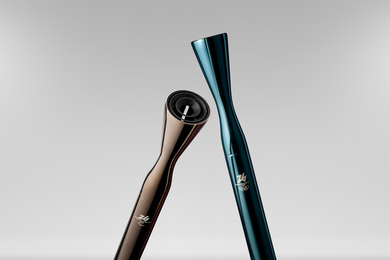MIT has denied a request from a lawyer for the rock band Metallica and rap artist Dr. Dre to block access to Napster on Institute computers.
"MIT has had a long history of providing its faculty, staff and students with uncensored access to the Internet and its vast array of resources," Professor James D. Bruce, vice president for Information Systems, wrote to Los Angeles attorney Howard E. King. "As an educational institution providing its community of users with Internet access, we do not monitor or bar access to use of the Internet. This policy is consistent with MIT's educational mission and our deeply held values of academic freedom."
Mr. King made the request in a letter to MIT President Charles M. Vest on September 7. Napster has been sued for providing copyright music for free to visitors to its web site.
Professor Bruce, responding for President Vest on Sept. 18, said:
"We do not condone copyright infringement. When MIT is notified by the owner of intellectual property (e.g., patents, copyrights or trademarks) or his or her attorney that there is a specific infringing activity occurring, we investigate the allegation to determine the facts of the situation. Once we are certain that the individual making the allegation indeed owns the intellectual property and that the alleged activity, in the case of copyrights, is not protected by fair use, we work promptly and decisively to stop the infringing activity.
"If your clients can identify any specific instance where someone at MIT has infringed upon their copyrights, they should communicate the specifics of the situation to me directly or by e-mail to stopit@mit.edu, MIT's designated recipient of such complaints."
While usage patterns indicate that members of the community may be tuning in to Napster, the system has not become clogged. "Maybe it's because our network connection to the Internet is large," said Jeffrey I. Schiller, network manager of Information Systems, "or maybe our students aren't as Napster-happy."
A version of this article appeared in MIT Tech Talk on September 27, 2000.





